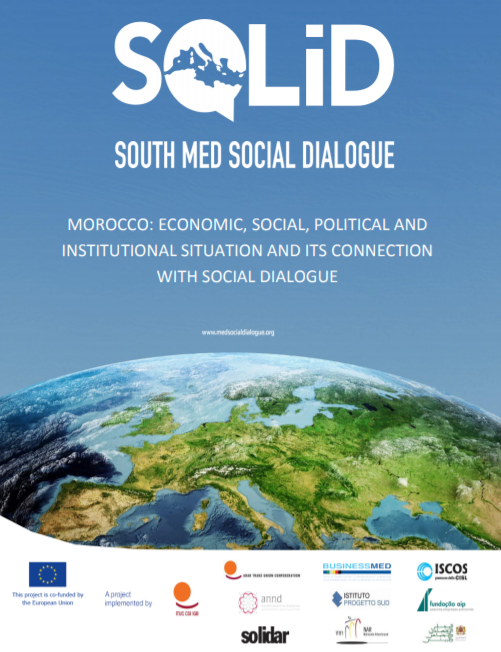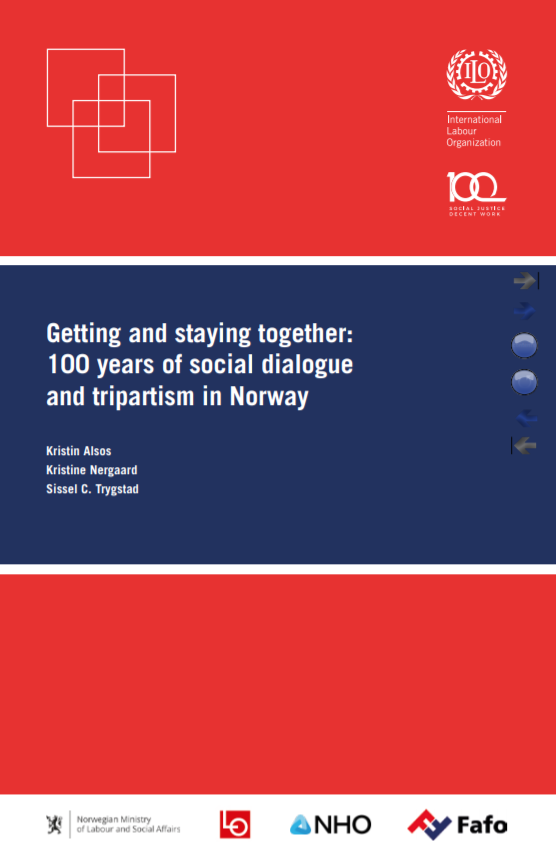
Summary
The EFEE and ETUCE have concluded a third project assisting in social dialogue on the national level between education representatives and EU member states. The project highlights cases of good practice and the progress made as well as highlights recommendations for moving forward. Of these, greater investment in education, stronger social security for education workers and the continuous development of sector workers is particularly emphasised.
For the original source, please click here








